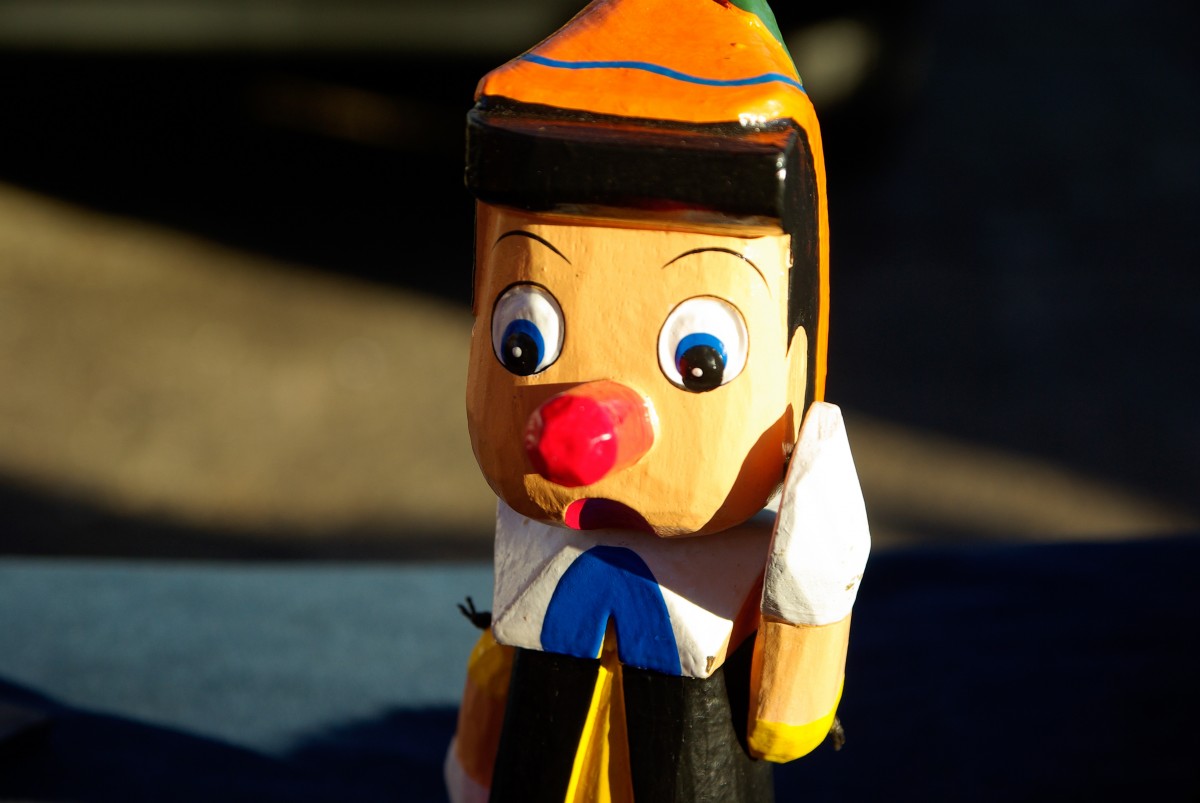There are no unimportant issues in raising a child, especially if at some point you realize that something has gone wrong. Do not panic and give up – most likely, you are not the first faced with this problem, and it means that before you it has already been successfully solved by someone else. It’s worth taking advantage of best practices!
The problem of child lying – one of the most common and unpleasant problems in child rearing, but it can be solved. Do not go to extremes, and do not rush to punish the child – in most cases you can get by with “little blood”, and spoil relations – it’s the last thing, believe me.
Causes of child lies
First and foremost, learn to distinguish lies from fantasies. Children’s fantasy is harmless, it is, if you want, you can even call it a creation, because the result is a beautiful story, but the lies are, in most cases, selfish. The most common reasons for children’s lies:
- A desire to avoid a deserved punishment;
- The desire to get a reward;
- Desire to keep up with peers;
- A desire to conform to the expectations of others.
Take a close look at the reasons listed. Even though each of them is a desire, they are essentially all fears. And fears arise from insecurity – in oneself, in the love of loved ones, in one’s own abilities to withstand the consequences. Agree that all of this is not a reason to punish, on the contrary – it is time to come to the aid of your child.
Most psychologists agree that mainly those who are afraid to tell the truth tell lies. Therefore:
Don’t provoke your child. Cross-examination techniques are effective in identifying adult liars, but in the case of children, they are blatant provocations. It is, in fact, aggression, which the child is bound to feel – and to bristle back.
Loosen the control. Total control is a kind of mistrust and is not good for your child either. Your child needs to know that you trust him. Trust is a valuable currency and he’s unlikely to exchange it for small change, especially if you’ve explained to him that to lie is to offend.
Help to solve the problem. Sometimes lying is situational – in such cases, it’s worth looking for the cause in the circumstances, and if you find it, tell your child the way out. By teaching him to solve problems, you will kill two birds with one stone – you will become a good friend for him and get rid of unnecessary headaches for the child.
Praise for honesty. Remember the proverbial “better a bitter truth than a sweet lie”? Even if a child deserves to be punished for the wrongdoing he or she confessed to, his or her honesty is a great cause for encouragement. It is better to raise a child who is honest but capable of making mistakes than an uncompromising liar who walks headlong towards the goal.
Build rapport. Friends don’t lie, so make every effort to build a good friendship with your own child. Find common interests, spend leisure time together, share problems and experiences.
Don’t cheat yourself. Often children copy their parents, so don’t let them see that you are far from a model of crystal-clear honesty. Seeing your generosity, a child is bound to want to grow up to be like you.
However, not all lies are dangerous. It is also important to explain to your child the concepts of “lying to save lives” and polite deception – these things are well within the etiquette of human society.
